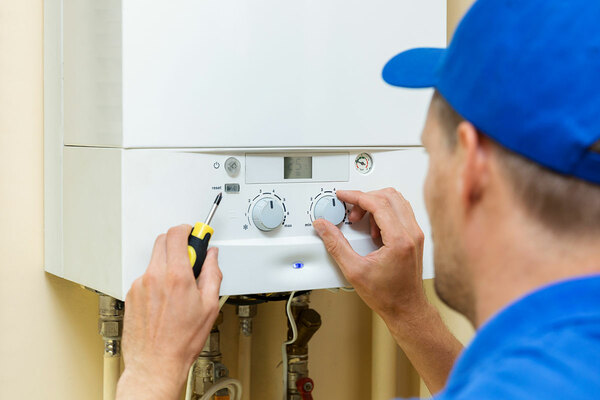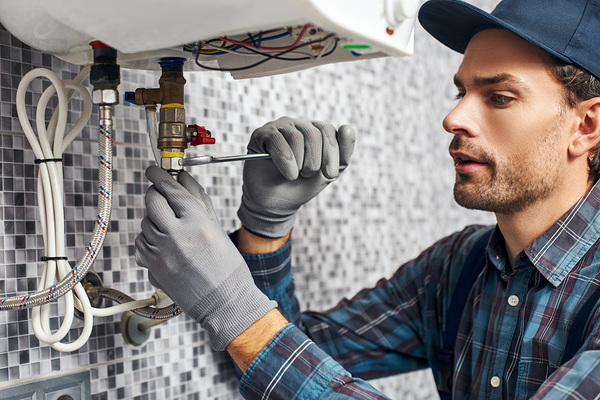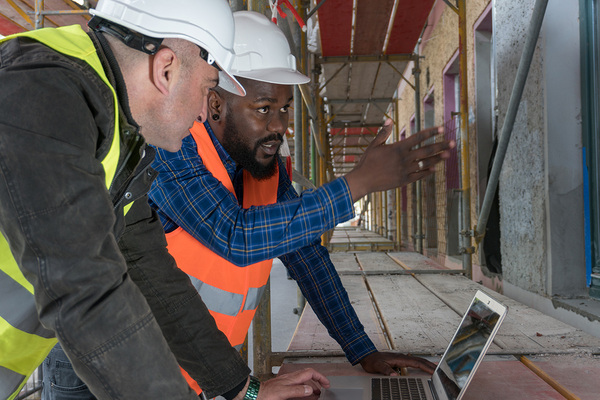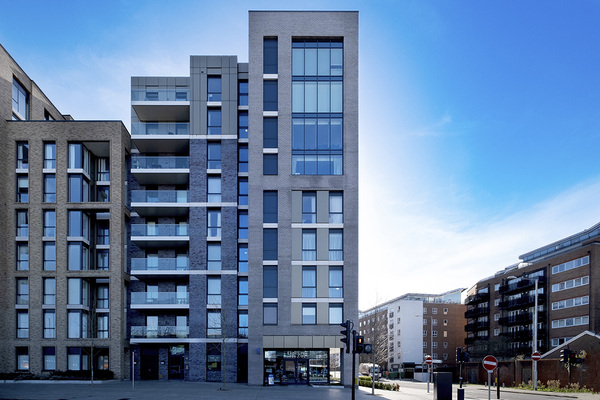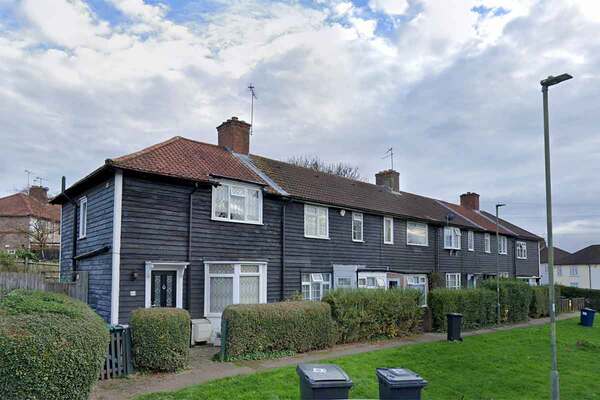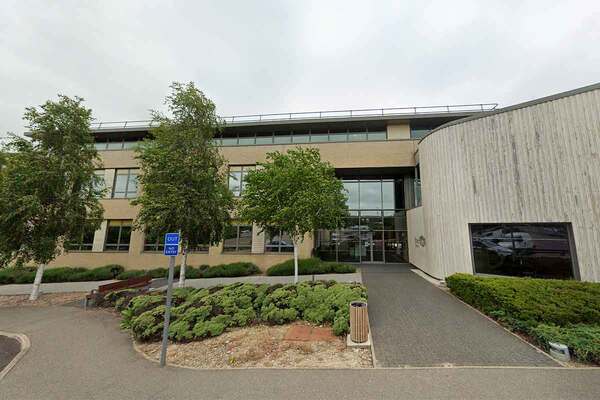You are viewing 1 of your 1 free articles
Expired gas safety checks on the rise during COVID-19 pandemic, RSH survey finds
An increasing number of statutory gas safety checks in social housing have not been conducted as providers struggle to gain access to properties during the crisis, a Regulator of Social Housing (RSH) survey reveals.
The RSH’s Coronavirus Operational Response Survey for May, published today, found that almost all emergency repairs are being completed while issues with personal protective equipment (PPE) supplies and staffing levels uncovered by last month’s responses have improved.
But the English regulator warned that reduced access to properties due to people shielding or self-isolating is causing problems around gas safety checks and added: “It appears that the number of properties with an expired gas safety check has generally increased.”
The RSH noted that landlords typically operate 10 or 11 month gas servicing cycles to ensure the 12-month statutory cycle is met, but the “effectiveness of this mitigation is diminishing as a result of the backlogs of gas safety checks are rising and are likely to continue to rise”.
All registered providers with 1,000 or more homes as well as smaller landlords with a high proportion of supported accommodation have been asked to complete the survey, which had a 98% response rate.
Landlords also reported significantly lower demand for repairs, with tenants reporting 85% fewer issues for repairs than would normally be expected.
The RSH warned: “Providers report that they may not currently know the full extent of the backlog in repairs that they face.
“This means that the repairs backlog may continue to increase further in future before it reduces.”
Since the government introduced new guidance about working in people’s homes during the outbreak on 11 May, providers have reported increases in asbestos and legionella checks, non-emergency repairs, lift inspections and servicing.
Fiona MacGregor, chief executive of the RSH, said: “It will take time for the recent easing of restrictions to be fully reflected on the ground and in the responses to our cross-sector operational survey.
“We are pleased that housing associations and local authorities are generally able to report continued service delivery in the areas surveyed, including some plans for recovery.
“Providers and their staff have adapted well to the changing circumstances and we anticipate that the flexible and agile approaches they have taken will continue as restrictions ease further.”
Sign up for our legal and regulation newsletter
Already have an account? Click here to manage your newsletters
